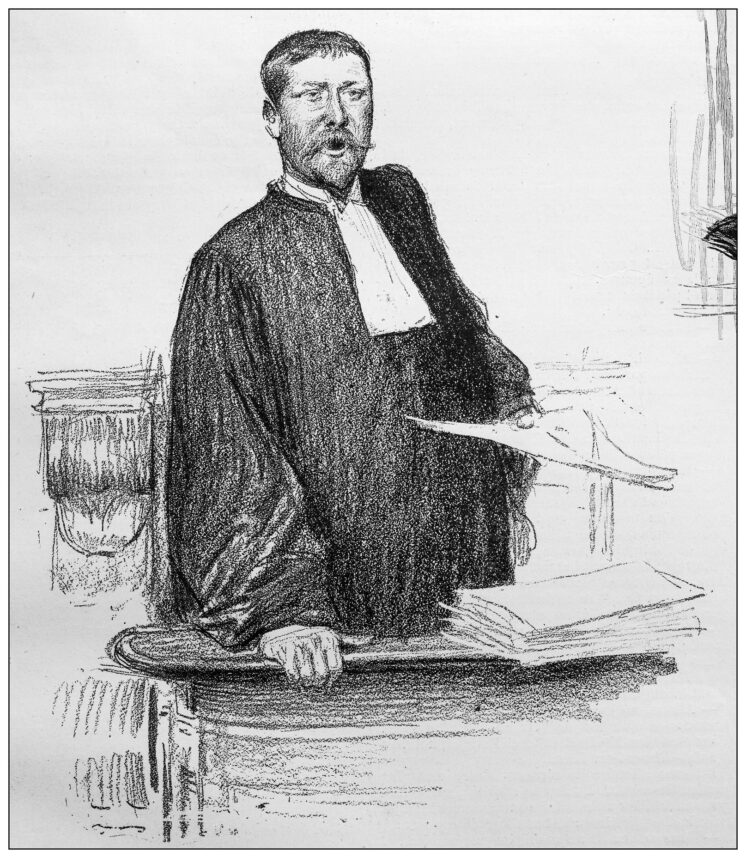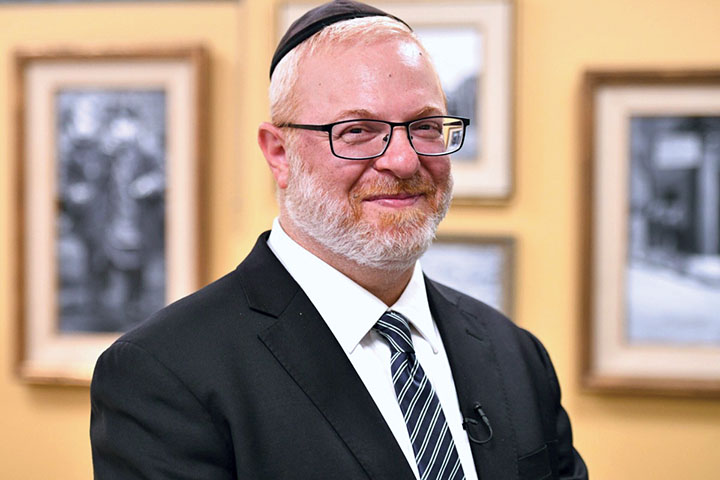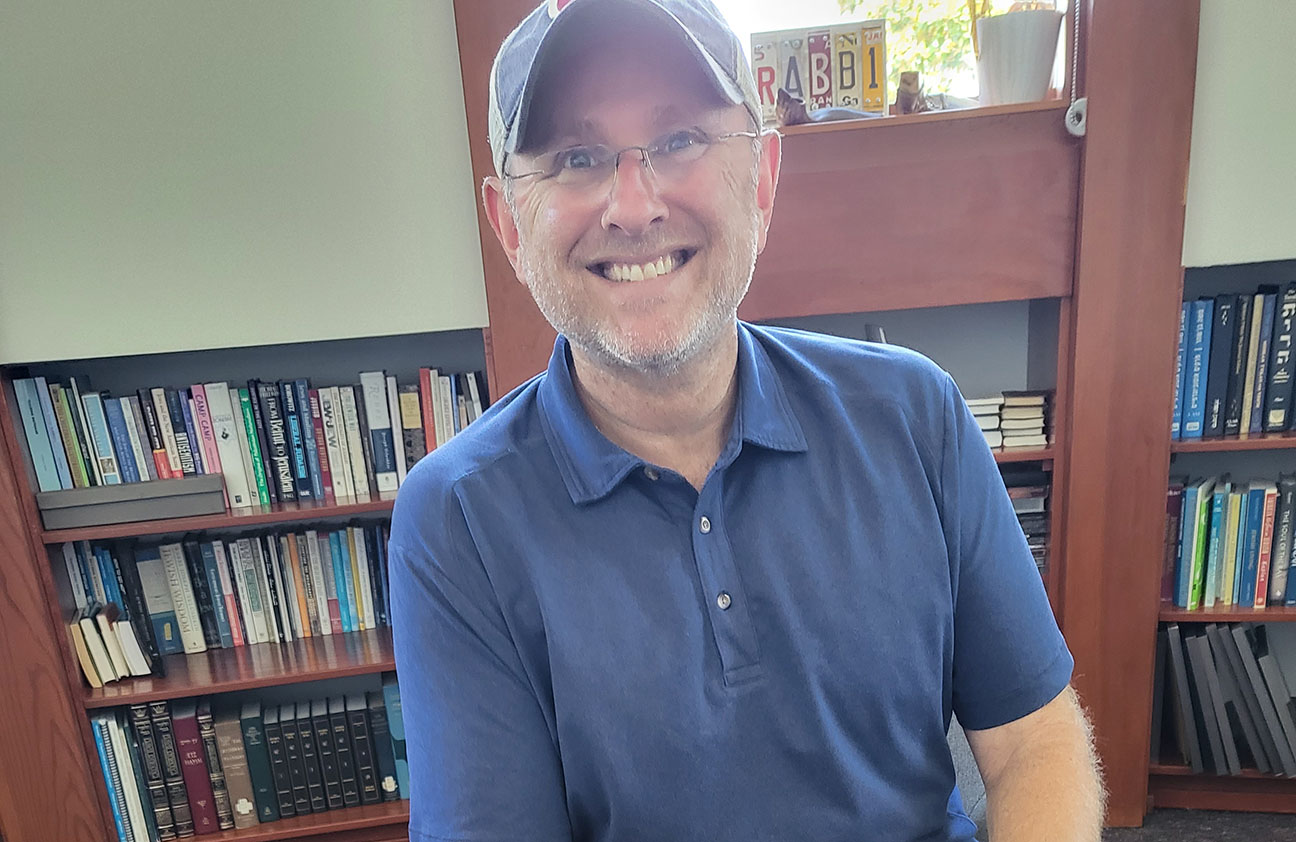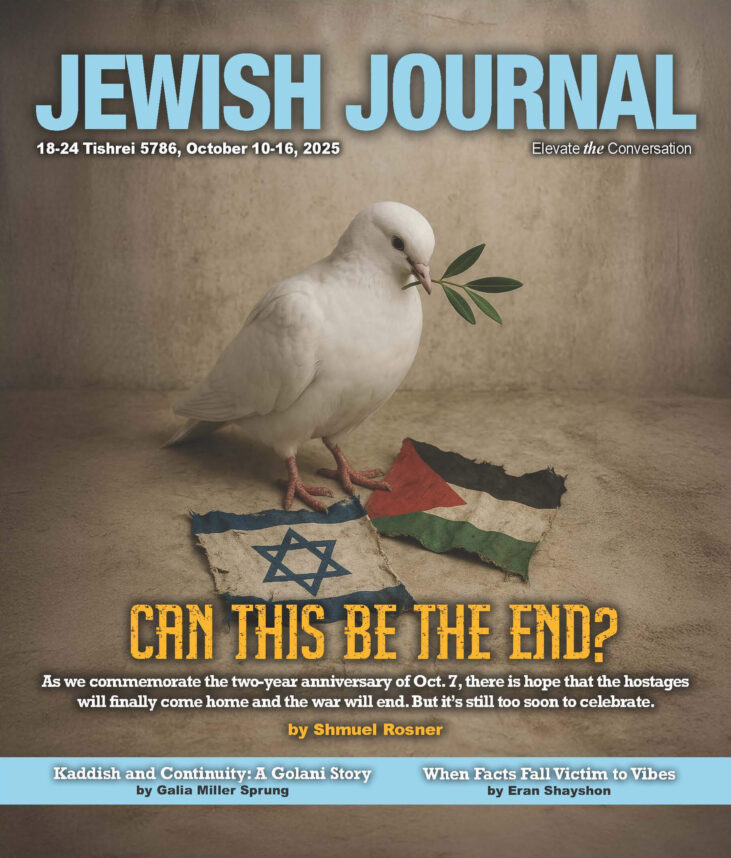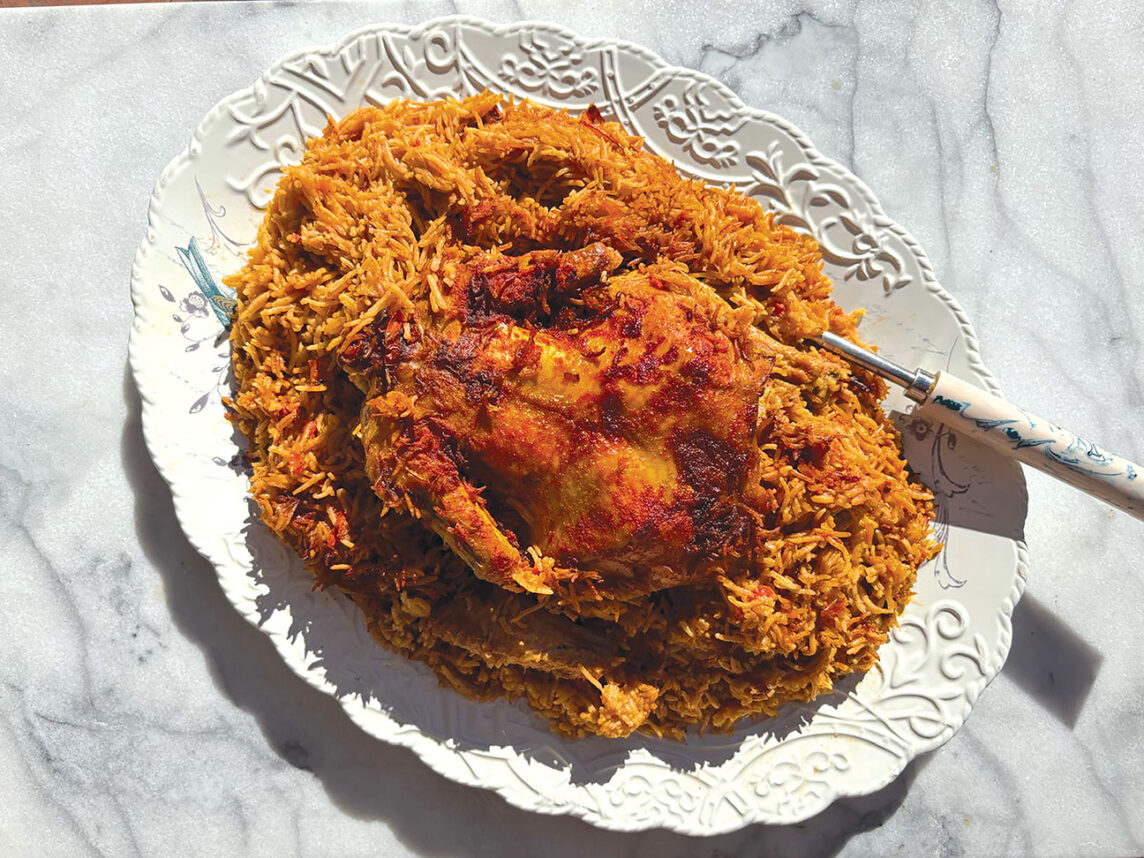I have been in the center of the swirl of awareness about the unintended consequences of affluence and privilege on our children. I meet these youngsters and their families when crisis penetrates the denial system and they arrive at Beit T’Shuvah, the recovery community I founded 30 years ago. I have listened to their baffled, bewildered parents who “gave them everything” only to have it thrown in their faces. I coined the family dynamic: “I hate you; send money.” At Beit T’Shuvah, we have been essentially “re-parenting” these children of all ages, allowing them to experience “all the disadvantages of success,” in the words of Larry Ellison.
A recent study by Proceedings of the National Academy of Sciences finds a direct correlation between parents who overvalue their children and children who are narcissistic. Researchers found that while parental warmth was associated with high self-esteem in kids, that parental over-evaluation was not. Or as Madeline Levine put it: “Praise is not warmth pumped in; self-esteem is not self-efficacy.” I have heard from many recovering addicts that when they feel undeserving, praise exacerbates their self-loathing and sense of fraudulence.
I have read most of the developing literature on the effects of over-parenting, helicoptering, indulging our offspring, resulting in entitled, depressed, addicted and, most recently, narcissistic kids. Their despair manifests in a wide range of self-destructive behaviors: drugs; alcohol; food (stuffing or starving); self-mutilation (cutting, piercing); Internet addictions to gaming, chatting and pornography. The more passive expressions of hopelessness and lack of purpose are the “failures to launch” — those who never leave or return to the “nest,” sleeping away the days, refusing to grow up.
These are not just symptoms of narcissism. After more than 30 years of observation, I argue that these children have been traumatized. They suffer from what I call “the trauma of privilege.”
The benefit of viewing this condition through the trauma lens rather than the personality disorder lens is that the latter is static, the former infinitely reparable. The label narcissistic personality brands you for life; trauma views adaptive behavior as a learned way of being that can be unlearned. The wounded, fractured self can be repaired in a community that offers emotional, physical and spiritual healing through exposure to multiple emotionally corrective experiences for privileged families trapped in the cycle of Either/Or-ness, fear of inadequacy and the never-ending pursuit of perfection.
Seen through the trauma lens, these narcissistic characteristics are the result of primary attachment disorder and parental mis-attunement. The parents need to produce a “perfect” child, wherein the child’s successes are a reflection of the parents’ worth. This creates in the child a sense of being a commodity — “valuable but not valued.” They alternate between grandiosity and self-loathing or depression, unable to integrate self and self image. They live in a paradigm of Either/Or: I am either No. 1 or a total loser. Their “self” is fragmented, divided, at war. They keep asking themselves the wrong question: Which is the real me?
Healing the fractured self begins with the answer: “They are both the real me.” This leap from Either/Or to Both/And begins to repair the trauma of Either/Or parenting. Through this lens, parents over-value and/or overpraise their children because they, too, are fractured. Their fears, anxieties and insecurities about themselves render them incapable of reflecting wholeness back to their child. Parents who have zero tolerance for their child’s imperfections; who can’t tolerate their child’s sadness, rage, fears, unhappiness; who can’t be present and nonjudgmental with their child’s inconsistent and contradictory states of being; who can mirror only the praiseworthy aspects of the child, create narcissism — the quintessential split.
This is why we treat this condition as a trauma, which can be repaired. We teach them how to fail forward, to accept their defects and imperfections, to live within limits, accept the discomfort of not getting what they want, to tolerate rejection and disappointment, and to take the right action no matter what they feel. We help them to “recover their passion and discover their purpose.”
Their challenge is learning how to integrate their opposing and contradictory selves, a necessary prelude to the development of integrity. After a considerable amount of time and attention, many of them come to life. They launch. These traumatized young men and women begin to take responsibility for their successes and failures. Their parents learn how to say no and stop defining themselves by their children’s successes or failures.
It is not only children of privilege who are failing, it is their parents. Those fighting so hard to keep them from harm are causing the most damage. Parenting needs a wake-up call, and children must be allowed to fail before they forget how to value true success and become victims of the trauma of privilege.
Harriet Rossetto is the founder and executive vice president of Beit T’Shuvah, a residential treatment center and educational institution in West Los Angeles. On May 20, she spoke at the White House Office of National Drug Control Policy to discuss Beit T’Shuvah’s innovative approach to recovery treatment.
















